Athletes In Transition project: Xavier Desharnais (part one)
This is the next instalment in the series called Athletes in Transition Project (ATP). These articles result from my informal discussions with some of our star athletes of the Laurentians: Magali Tisseyre, Xavier Desharnais, Ariane Lavigne and Erik Guay.
The evolution of this series can be found at tremblantexpress.com/en/author/jmaunders
I met Xavier Desharnais a few years ago at the Traversée du lac Tremblant, an open-water swim competition. Twice champion of the Traversée internationale du lac St-Jean, he was coming back from an arm injury. He generously agreed to help us with our race. It really pushed the Traversée du lac Tremblant ahead. He made an excellent motivational presentation the evening before the race, and then he won without apparent effort. After all, it was only a 12 km, and he has swum up to 57 km without a stop!
Xavier has clearly shown determination, perseverance, humility and patience when it was a matter of reaching his goals. These are the character traits already encountered in the framework of the Athletes in Transition Project.
Over time, I learned that this man with multiple interests was seeking something more and was contemplating a career in medicine. I heartily encouraged him.
Let’s see how Xavier has evolved.
John Maunders: How are you?
Xavier Desharnais: A bit tired, but fine.
J.M.: Why tired?
X.D.: I have a one-year-old baby! He wakes up at around 4 a.m. It’s cumulative fatigue.
J.M.: Like training?
X.D.: Actually, perhaps once I’m awake, I should go and train, but I’m too tired. That’s what I find the hardest. At the same time, it’s worth it.
J.M.: Let’s start with the basic questions: how did your athlete’s path begin? What are your motivations? Natural talent, family and friends, a need for excellence?
X.D.: At first, it was a matter of doing like my father and brother, who participated in a lot of sports. But once I started swimming, I developed a passion for the water. I was not necessarily the best, but I liked the fact that you can slowly improve. From the age of 13, what motivated me was to become a champion.
J.M.: That’s interesting, because some people think that you have to start at the age of three to be world champion.
X.D.: Before I turned 13, I did other sports. It’s when I decided to concentrate on swimming that I got better results. I was 13-14
J.M.: Another basic question: what was the best thing in your life as an athlete?
X.D.: May I give you more than one?
J.M.: Certainly.
X.D.: Realizing that all efforts paid off, no matter where I came in. And if I experienced some doubts during the race, I would finish it at any cost and I was ready for another challenge the next day.
The feeling of well-being after every training session also always helped me feel good about myself.
In the sport of open-water swimming, we support each other; opponents become friends. We share the same training sessions, the same difficulties and the same sacrifices. Still today, those friends would welcome me if I rang their doorbell.
There’s something else. It’s the feeling of being in the water, alone in the middle of a lake or at the bottom of a swimming pool, cut off from the rest of the world. It’s a kind of meditation.
J.M.: That’s a nice image. I think that real swimmers would understand. However, is there something supernatural or unusual about setting yourself the goal of being world champion or winning the Traversée du lac St-Jean?
X.D.: When you decide at 13 or 14 to commit to a sport, you really don’t realize what the stakes are. You know that you’ll have to train, but you but you don’t realize that it’s going to be your entire life for 10 to 15 years, that you’ll have to go to bed early, watch what you eat, not go out with your CEGEP friends… The older you get, the fewer questions you ask yourself.
At university, I realized that I had chosen a different path. In my circle of friends, I was alone on that path.
To be cont.
More from this author by clicking on his photo below.
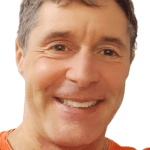
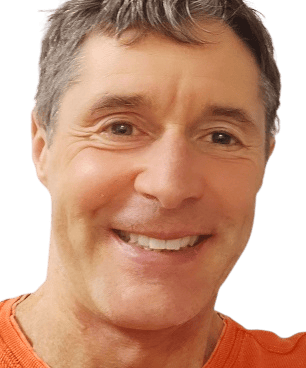
John Maunders14 Posts
Le Dr. John Maunders a exercé 25 années en médecine familiale, dont 20 en urgence et soins intensifs. Il porte un intérêt naturel pour l’activité physique de toutes sortes en tant que participant, entraîneur et médecin. Dr. John Maunders has spent 25 years in family medicine including 20 years in emergency and intensive care. Natural interest in physical activity of all sorts and seasons, as participant, coach, or physician.
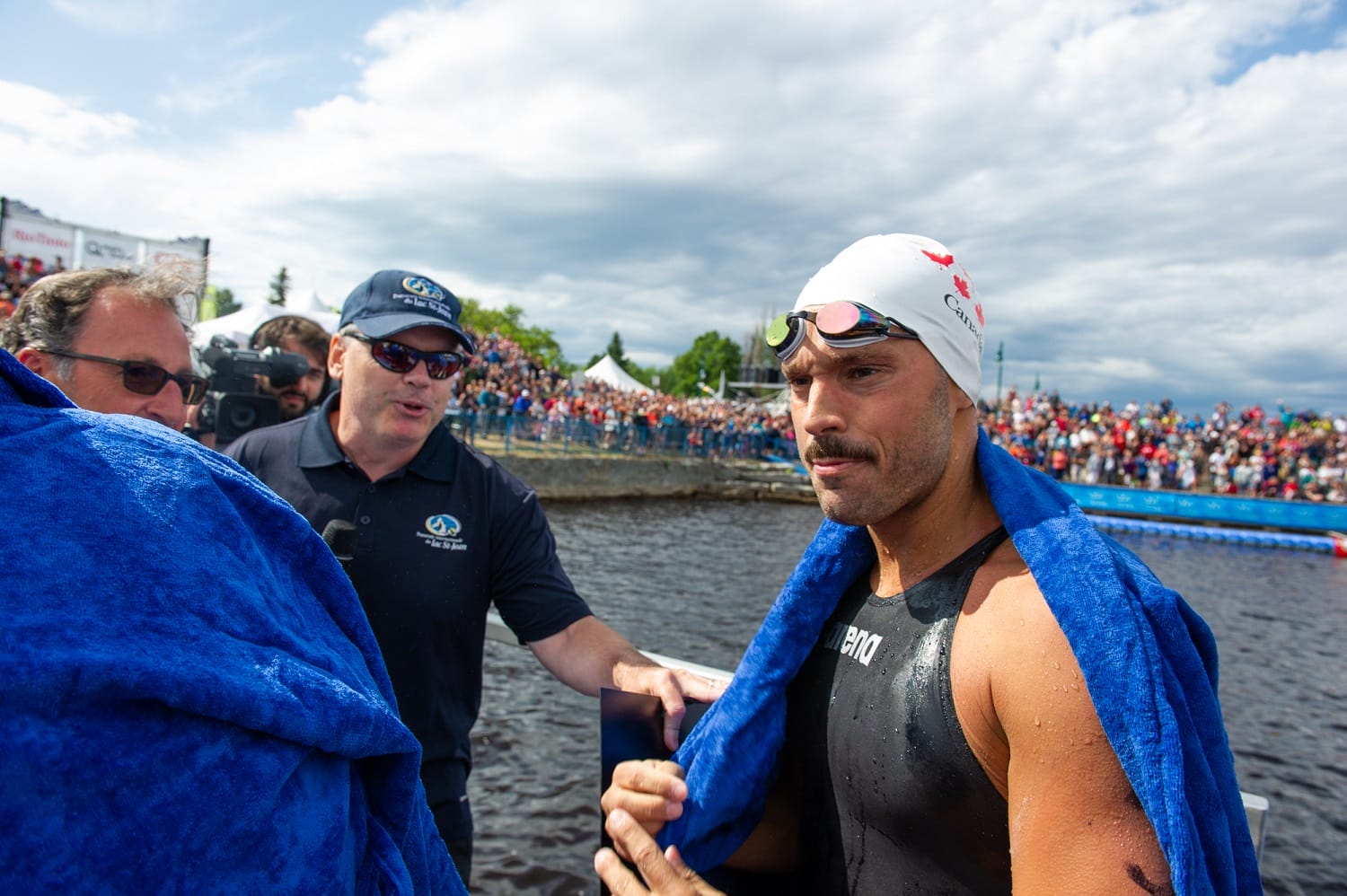
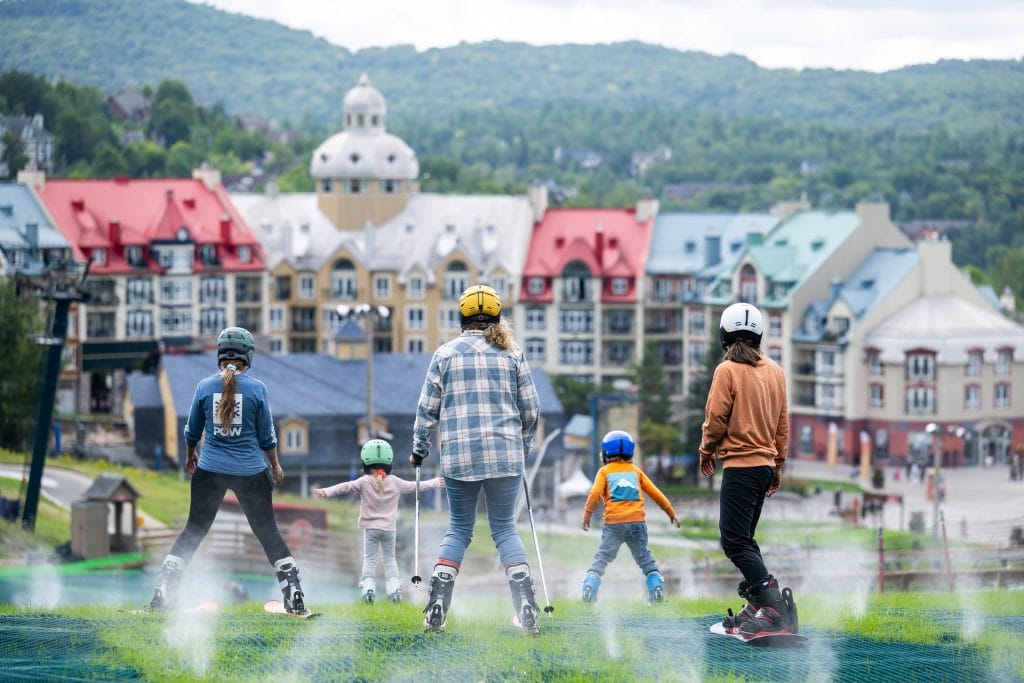
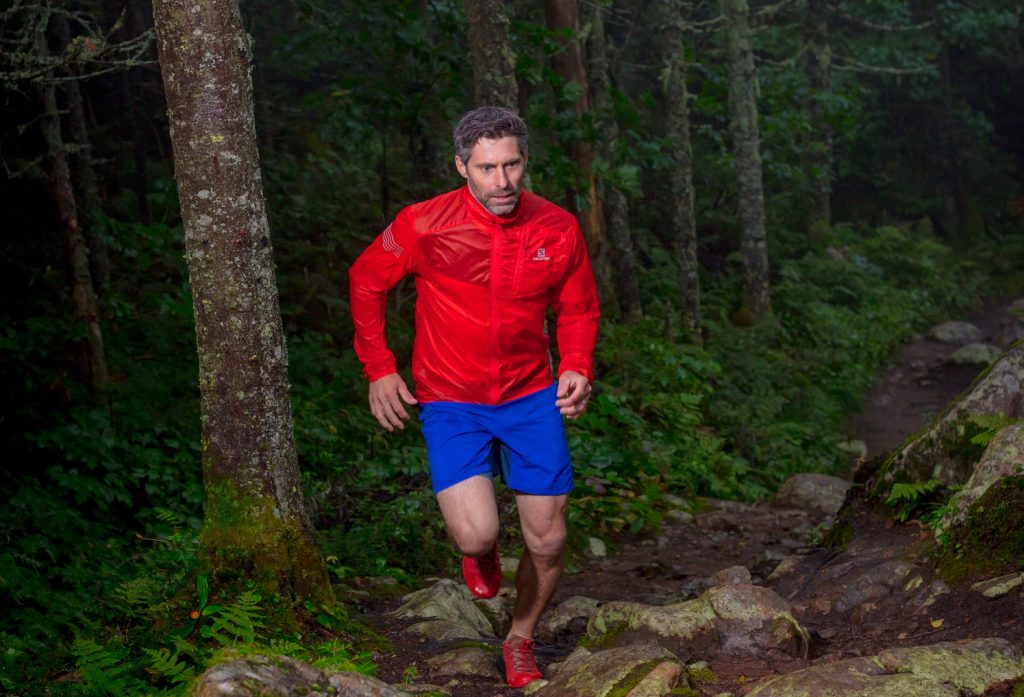
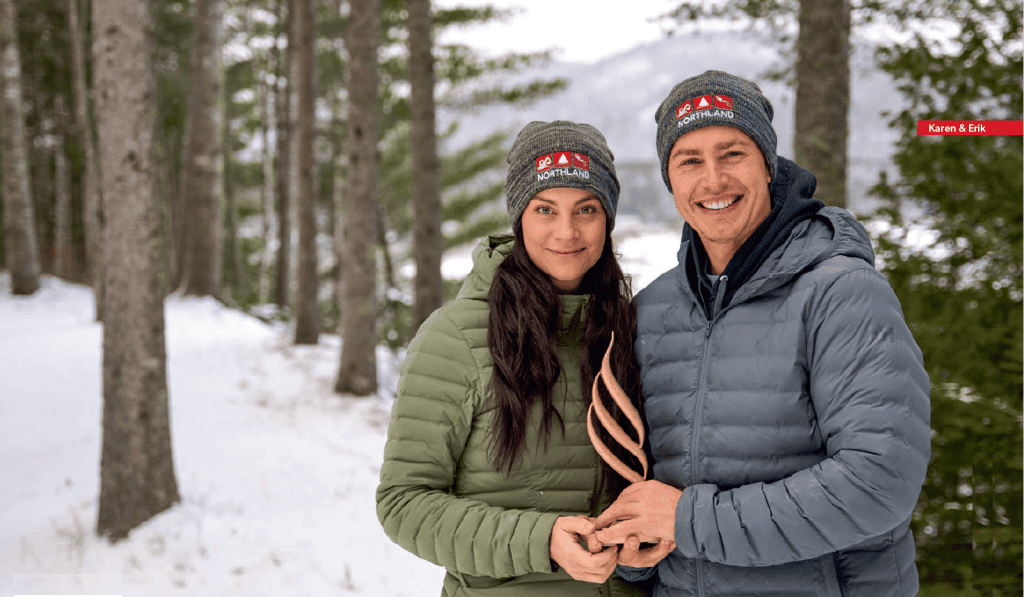
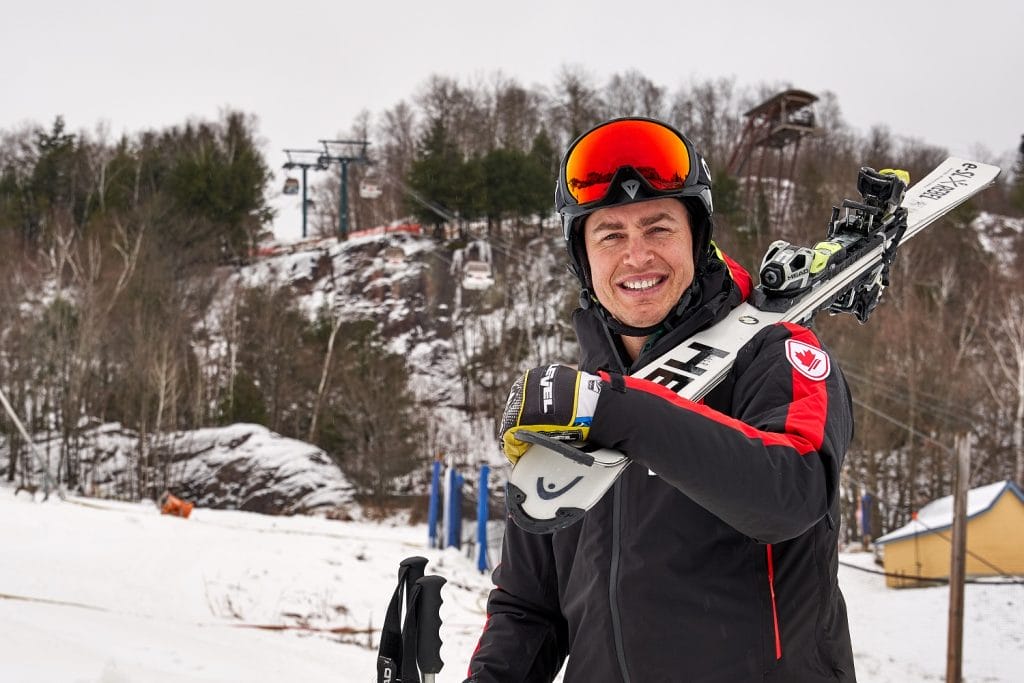
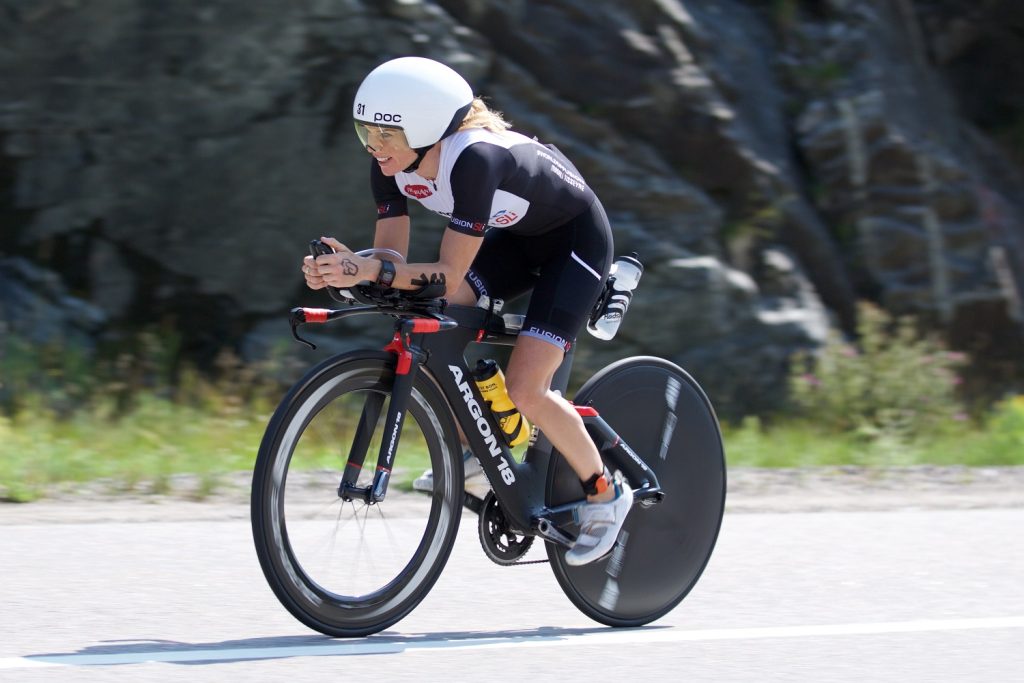
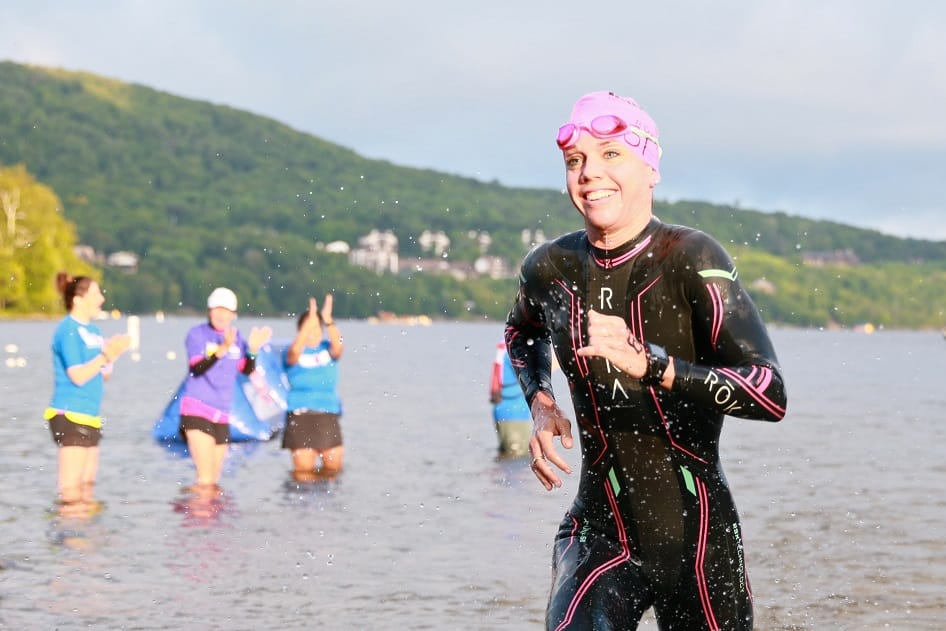
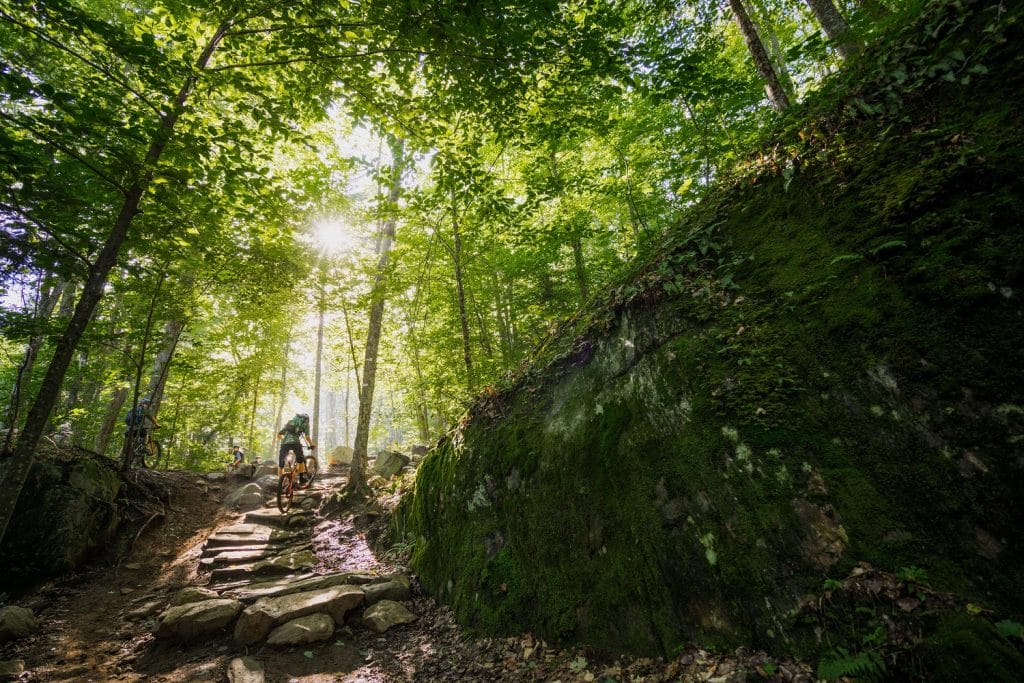
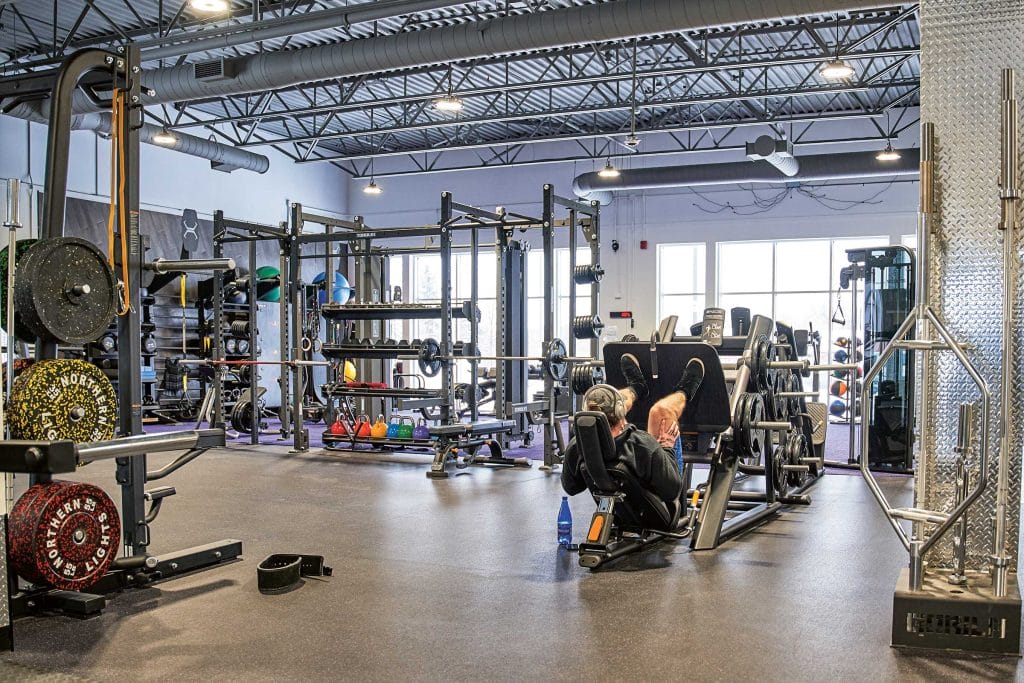
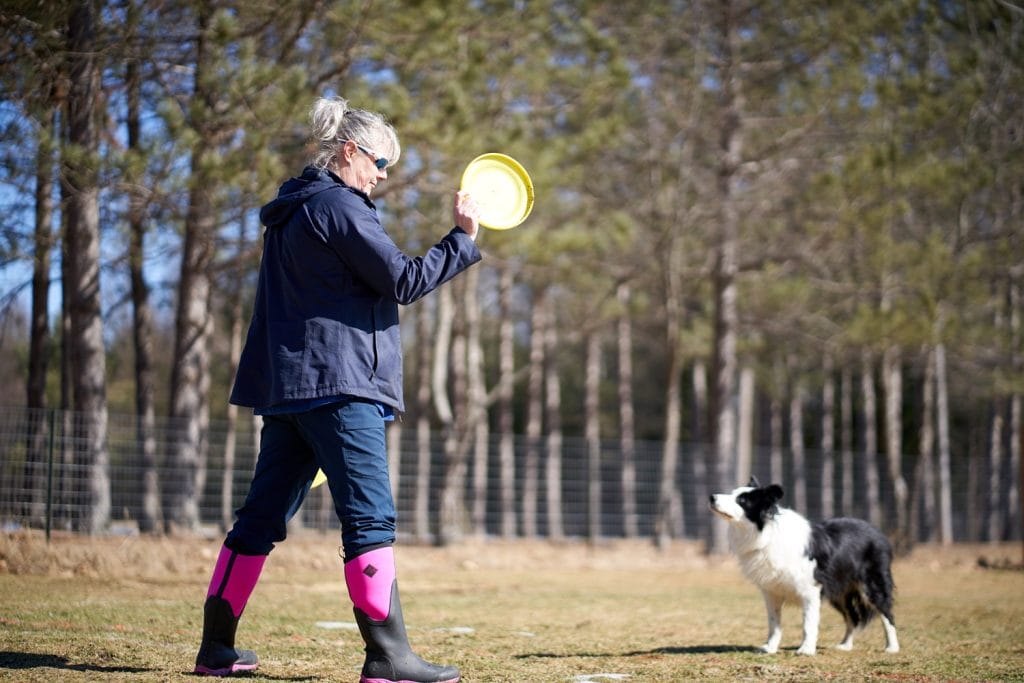

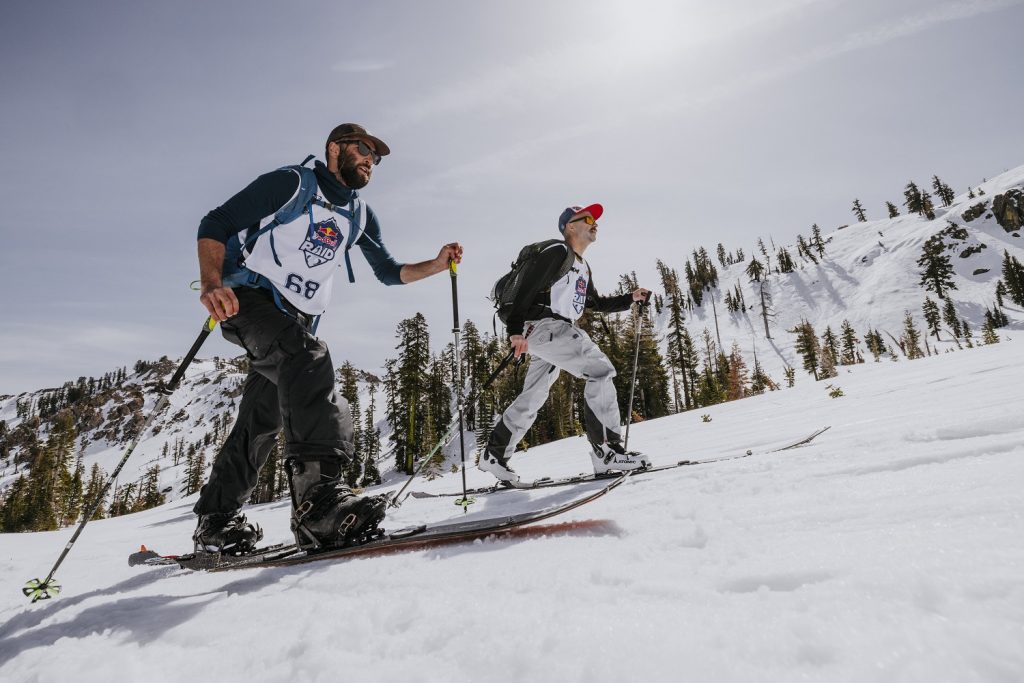
0 Comments